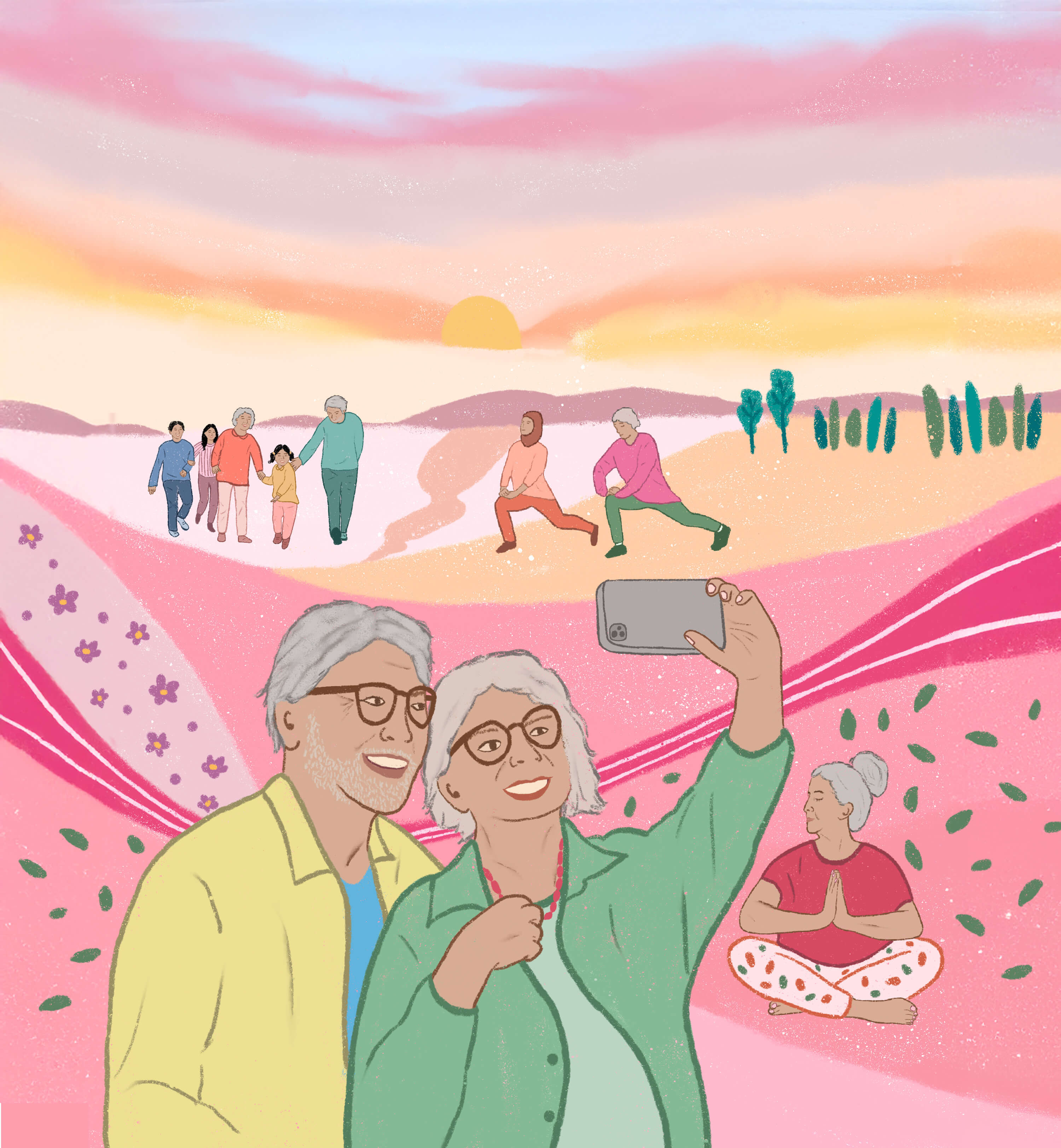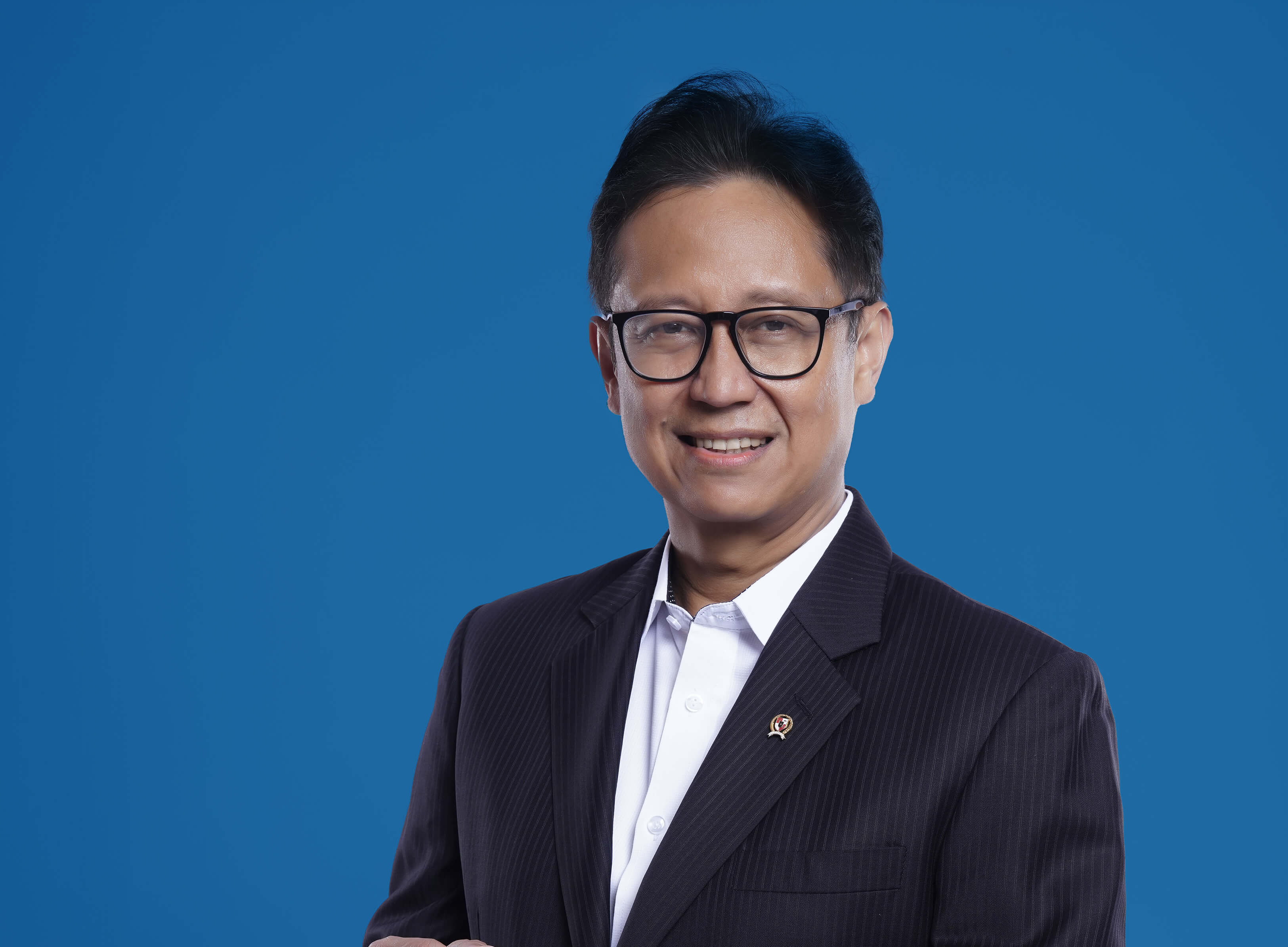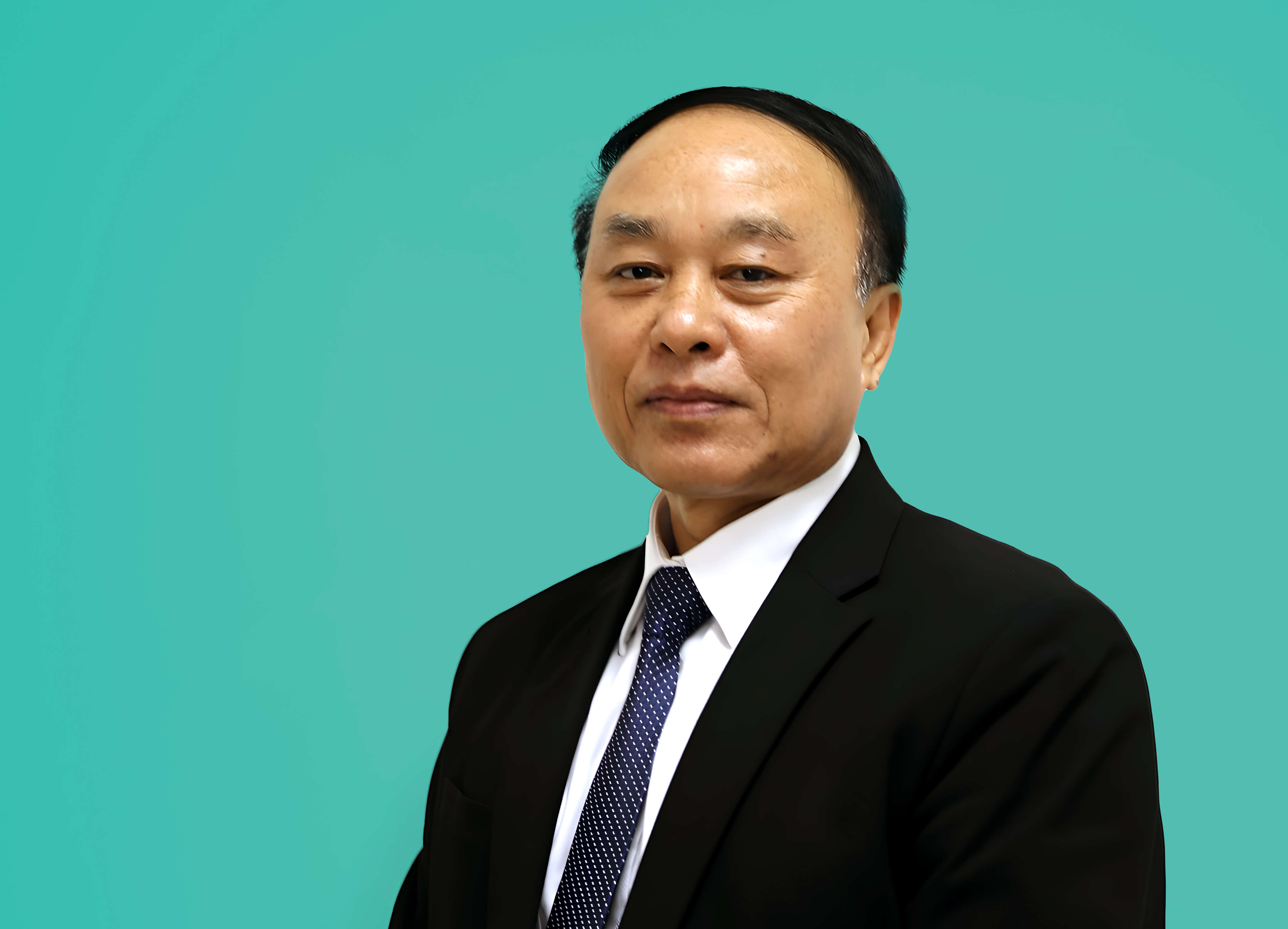


For more than 20 years, the ICANSERVE Foundation has been on a mission to save lives by advocating for early breast cancer detection, and by linking breast cancer patients and survivors to vital information and resources that can set them on the path to healing and wellness.
ICANSERVE Foundation was founded by four cancer survivors who all know what it takes to overcome the disease. Kara Magsanoc-Alikpala, an accomplished Filipino broadcast journalist and documentary filmmaker, is one of the founders and served as its president. She now sits as a member of the board of trustees and chairman of the advocacy committee.
Since the onset of the COVID-19 pandemic, Kara and her team have been working tirelessly to continue ICANSERVE Foundation’s advocacy work and at the same time, address the urgent needs of breast cancer patients, such as access to face masks, transportation, and funding.
“Without a doubt, breast cancer screening and treatment have been delayed because of the pandemic. Not only due to fear of getting COVID-19, but because many of the cancer patients went broke and can no longer afford treatment or screening. Many of them lost jobs. Or, a relative based abroad who helps with expenses also lost their job. One other big problem even for the middle class is the absence of public transportation during the lockdown. Even private vehicles needed special passes to ply the streets.
“Cancer units and cancer centres were closed during the lockdown beginning in March, when the hospital system was overwhelmed by the number of COVID-19 patients. Later, some cancer patients were allowed back in the health facilities or hospitals, but everything was only by appointment. When they rank in importance the cancer patients that need to be seen first, those in treatment, in need of immediate surgery, or radiation are the priority. Next would be cancer survivors who need regular monitoring. Last priority goes to women and men who never had cancer but need to go through early detection protocols.
“It was a little more complicated for the poor who don’t have dedicated doctors. For the poor who go to public hospitals, they are assigned a doctor, usually a resident. And residents rotate a lot. So they hardly form a rapport with one doctor. This means they’re not in contact with one particular doctor. This means they don’t have a particular doctor on their speed dial; or, a doctor who could help them navigate through the new normal. A lot of poor cancer patients were also disconnected from the health system because all information shifted online. Most of the poor can’t afford smartphones, nor do they have connectivity to access these kinds of information or tele-consults.
“The Philippine Society of Medical Oncologists, in an internal informal survey done among some of its members, showed that about 74 per cent of their cancer patients deteriorated due to delay in cancer treatments because of the pandemic. Most of them had to delay treatment by a week to a month because of all the barriers to care.
“ICANSERVE Foundation provided our staff and volunteers, breast cancer patients, and the healthcare frontliners we work with in local governments with shields and masks. Back in March, when we experienced a total lockdown, shields and masks were as rare as pink and yellow diamonds. We had to scramble to find some. On top of the usual surgical masks, we had to resort to small manufacturers and volunteers based at home who would create makeshift masks or shields. Some shields were so creative they came with messages of encouragement which made the recipients happy.
“Next, we had to make sure that those on cancer treatments didn’t stop for too long. There were many barriers. Besides financial, the biggest obstacle for the poor was transportation. There were no public vehicles during the lockdown so we had to secure special passes for our volunteer drivers and patients so they could be driven to the hospitals to resume their cancer treatments. The ICANSERVE Foundation had in place before the pandemic, a free car program for breast cancer patients on chemotherapy. We expanded this service by partnering with the Cancer Coalition Philippines to provide free car service to all cancer patients.
“For now, our free clinics and in-person forums, trainings, in-person fund raising events and other activities are on hold. But we continued basic breast cancer awareness forums online. We continued fund raising online plus our online ICANSERVE shop stayed open. We’ve hosted several webinars to give our volunteers, patients, and the breast cancer community guidelines on how to go about regular checkups for those cancer patients in remission, and for those currently on cancer treatments.
“We only started to actively promote resuming visits to the hospital for women who can benefit from early detection about two to three months ago because most oncologists agreed hospitals and health facilities were safer. It’s not easy to convince them and we don’t force anyone.
“Since many women are afraid to go for a regular mammogram or breast ultrasound, we’re strengthening the power of women to take care of their breast health on their own, and giving them the courage to see a doctor, a nurse, a midwife, a community health worker, if the need arises. We created a Kamay Gabay (translated as “guiding hand”) Kit. It contains mini-brochures that have information on breast self exam, breast care, and breast cancer myths and facts. It also comes with what looks like a charm bracelet or a bag charm. This bracelet has several beads, and the size of each bead represents the size of breast lumps one can detect if one does a regular breast self exam, and if one doesn’t.
“Breast cancer patients need help to pay for their medical bills and treatments and for good nutrition. Funds have dried up at government agencies that help poor cancer patients. As a result, most patients have no one to turn to. It’s alarming and saddening. Cancer groups have banded together Photo Credit: © Kara Magsanoc-Alikpala and ICANSERVE Foundation to help wherever we can. Together with the Cancer Coalition Philippines, the ICANSERVE Foundation has appealed to pharmaceuticals to donate whatever they can to our patients—cancer medicines, supportive care like pain medicines, and nutritional products.
“We need COVID-19-safe facilities and standalone cancer facilities so cancer patients don’t share the same entrances, the same CT scan, the same operating room as COVID-19 patients. In the Philippines, it takes a long time to convert standalone facilities into, say, a dedicated chemotherapy infusion center. I wish the government would consider this urgent and find a way to cut the red tape. The virus will be with us for some time so we need to create safe spaces. We need to quickly restore patient confidence in the health system. It’s also good to prepare for future pandemics or outbreaks and simply good practice to have multiple cancer-focused centers.
“The ICANSERVE foundation co-founded the Cancer Coalition Philippines that lobbied for the passage of the National Integrated Cancer Control Act. The Cancer Act was signed into law in February 2019 but it hasn’t been implemented or funded. If even just bits of it were implemented last year, it would’ve helped the cancer community during this pandemic. It contains all the assistance and safeguards for the cancer community. We’ve been knocking on the doors of Congress and the Department of Health for this to happen. The law includes the creation of regional cancer centers, a cancer assistance fund, the expansion of cancer coverage of the national health insurance, mandatory cancer screening, etc. Every delay in the implementation of the Cancer Act can spell death and the break up and heartbreak of a family.
The feeling of anxiety and depression is not unique to cancer patients. As a foundation, we check on our members and volunteers and stay connected online. The human connection can never be under estimated. It’s best to admit when one is feeling anxious and for the other party to listen and acknowledge the other person’s feelings. An honest conversation has healing powers.
“Families can do the same, to really be present to other family members. Many of those feeling stressed by loss of loved ones, long periods of isolation, financial insecurity, or fear of COVID-19 and the future, don’t show it. Family members must be observant of the actions of their members and not simply rely on what they say. I find that it helps to create “special occasions” at home or online for people to look forward to—whether it’s a special Sunday dinner at home or just getting together on Zoom for someone’s birthday. That helps heaps for people’s mental and emotional health.
“I lost four friends to COVID-19 and six relatives and friends to non-COVID-19 disease during the pandemic. And yet, it’s the same feeling, there is no closure because you don’t get to mourn in person. You don’t get to visit them in the hospital to say goodbye or to say thank you. You can’t even leave your home to console the bereaved family. There must be a big effect on a society that doesn’t have collective closure and a lot of pent-up grief.
“There are many reasons to worry but I choose to be grateful, grateful that I and my family are healthy and get to spend more time together at home. The pandemic made me rid myself of clutter and noise. It made me realise I didn’t need a lot of trappings. It made me rediscover things that were essential.
“Our neighborhood grew closer. We were doing something old fashion which helped us survive as a community. We sent each other food and plants, offered to do chores for each other like buy food and medical supplies. We were each other’s repairman. Doctors in the village would do home visits.
“I think the world will be a better place if we all took time to pause for introspection and gratitude. We will think before we leap and hopefully that means we can be kinder and smarter.”
Interviewed by Joanne Agbisit. This conversation has been edited and condensed for clarity. The views and opinions expressed in the text belong solely to the interviewee and do not reflect the official policy or position of ASEAN.








